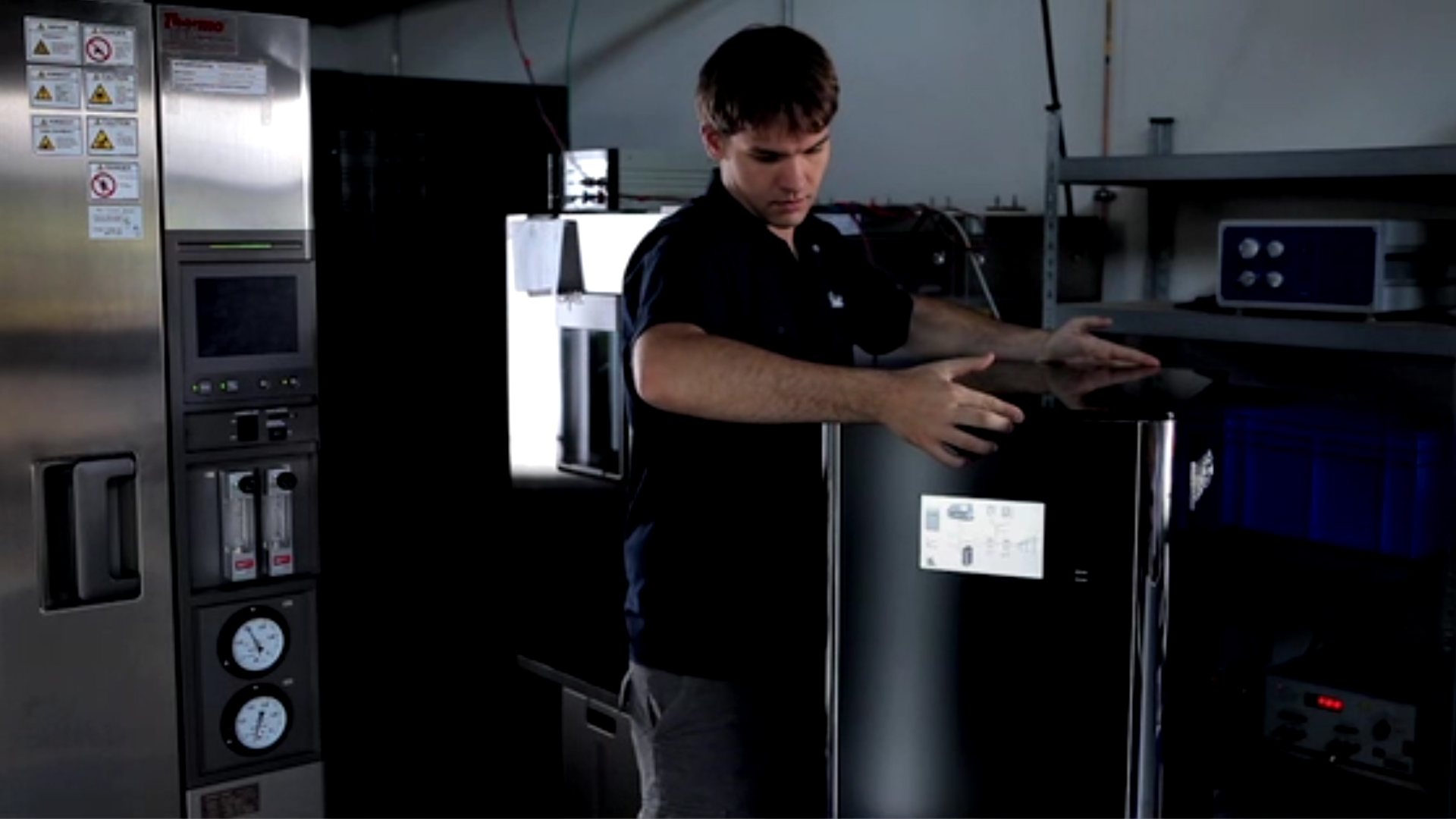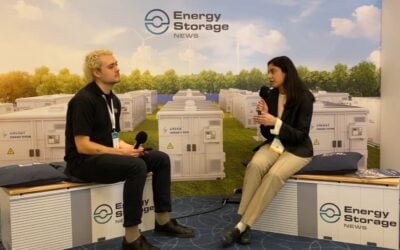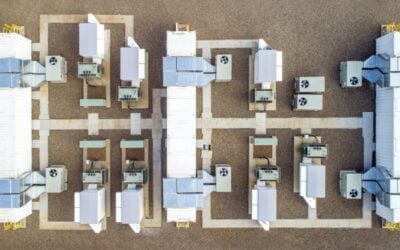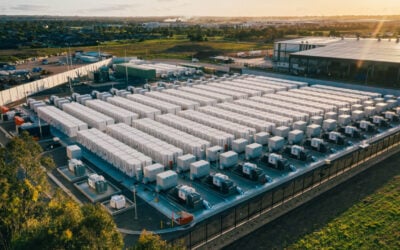
Regulations for the safe use of energy storage systems still need adaptation to “accommodate a broader use of energy storage with higher energy content like lithium-ion batteries in private homes”, experts at Fraunhofer ISE (Institute for Solar Energy Systems) have said.
In an exclusive technical paper article contributed to the last edition of Solar Media’s downstream solar technology journal, PV Tech Power, and now available to download from this website, Fraunhofer’s department head for electrical energy storage Dr Matthias Vetter and battery modules and systems expert Stephan Lux discuss two research projects into the safety of stationary energy storage systems for households, including their use for self-consumption of solar PV generated onsite.
With funding from Germany’s Federal Ministry for Economic Affairs and Energy (BMWi), Project ‘Safety First’ looks at the standards and quality of energy storage systems for homes currently available on the market, including how well they connect and interface with the grid. The other project, Project ‘SpeiSi’ looks specifically at the safety and reliability of stationary energy storage systems for PV self-consumption.
In the article, Vetter and Lux look at existing provisions for safety, mainly through the lens of their own domestic market in Germany, where more than 50,000 residential energy storage systems have been sold to date already and existing safety guidelines, published by national solar trade group BSW Solar, are voluntary.
Try Premium for just $1
- Full premium access for the first month at only $1
- Converts to an annual rate after 30 days unless cancelled
- Cancel anytime during the trial period
Premium Benefits
- Expert industry analysis and interviews
- Digital access to PV Tech Power journal
- Exclusive event discounts
Or get the full Premium subscription right away
Or continue reading this article for free
From there, the authors explain what they think is necessary to bring energy storage into the mainstream, for utilities, financiers, other industry players and for customers. Key topics include battery lifetimes and charge-discharge cycling, the threat of thermal runaway, which causes lithium-ion batteries to combust and the safety and reliability of switching devices.
Fraunhofer is working with a group of other stakeholders on these projects, including TÜV Rheinland and the International Solar Energy Society and the Centre for Solar Energy and Hydrogen Research (ZSW). In January a workshop with fire brigades was organised in Cologne where technologies, associated incidents as well as what sort of regulation might be needed, were discussed. These included a proposition for a register of installed energy storage and PV systems for emergency responders in the event of fires and other incidents.
Click here to download the full version of the technical paper, “Storage systems for renewable energy under scrutiny” as previously featured in PV Tech Power. Free of charge, registration is required.





